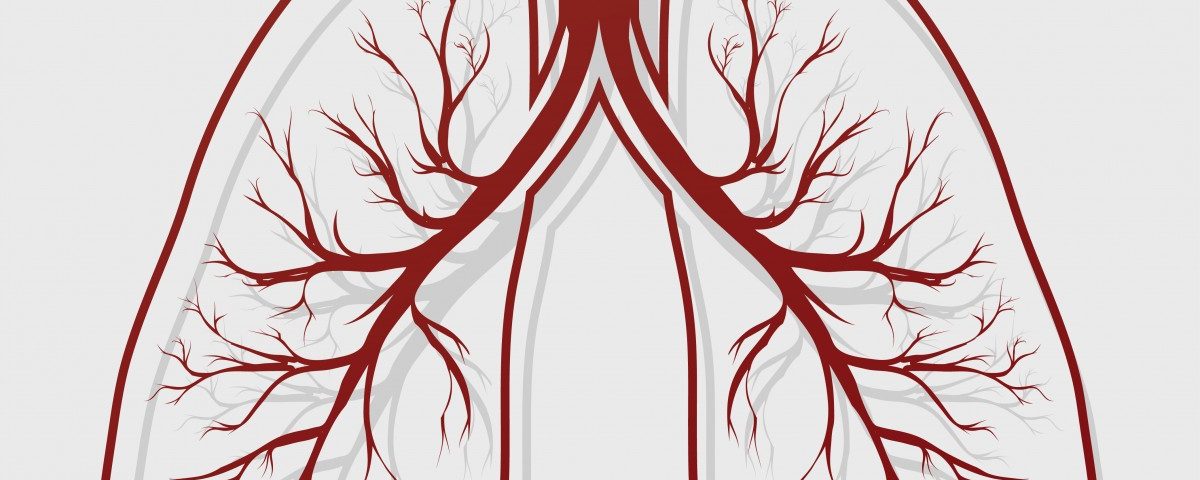Bronchiectasis is associated with frequent chronic obstructive pulmonary disease (COPD) exacerbations and hospitalizations, a recent study shows.
The study, “Relationship between the presence of bronchiectasis and acute exacerbation in Thai COPD patients,” was published in the International Journal of Chronic Obstructive Pulmonary Disease.
COPD refers to progressive lung diseases characterized by increasing breathlessness. COPD exacerbations cause acute, sustained deterioration of a patient’s condition and require a change in medication. Chronic mucus overproduction is a known risk factor for COPD exacerbation.
Patients with bronchiectasis have increased mucus production and are at greater risk of infections. Specific structural abnormalities in the lungs, including bronchiectasis, predict poor prognosis in COPD patients. Prior research detected bronchiectasis in about 4% of COPD patients, while another study revealed that the prevalence of bronchiectasis is higher in more severe COPD patients. However, the mechanisms linking COPD and bronchiectasis remain unclear.
In this study, researchers investigated the prevalence of bronchiectasis in COPD patients in Thailand. The correlation of bronchiectasis with COPD exacerbation, hospitalizations, and infection by mycobacteria — which may cause tuberculosis — were also analyzed.
The study included a total of 72 COPD patients, ages 40 years or older, without exacerbations for at least four weeks. Patients underwent spirometry tests to assess lung function and CT (computed tomography) scans, a common approach used to diagnose bronchiectasis.
Patients were classified into COPD risk groups following the 2014 GOLD guidelines, which uses an ABCD grading system based on COPD symptoms and exacerbation history or predicted lung function, where A indicates less severe disease and D worse disease.
Results showed that the most prevalent COPD group (38.6%) was GOLD D, which is the one with the greatest risk of other additional diseases. Frequent exacerbations, considered as two or more, and one or more hospitalizations were observed in 40.3% of the patients.
Results of the COPD assessment test (CAT), which evaluates disease impact on health status, showed a higher score in the group with frequent exacerbations, suggesting that frequent disease exacerbations have a high impact on a patient’s well-being and daily life.
Patients with frequent exacerbations also had lower forced expiratory volume (FEV) post-bronchodilator, a yardstick of pulmonary function.
Bronchiectasis was diagnosed in 47.2% of the COPD patients analyzed. Patients with bronchiectasis did not show changes in dyspnea (shortness of breath), CAT scores or FEV, compared with those without this disorder.
Importantly, the data further demonstrated that frequent COPD exacerbations and a minimum of one hospital admission for an acute COPD exacerbation in the previous year was associated with the presence of bronchiectasis.
Results also revealed that mycobacterial airway infection did not correlate with bronchiectasis or frequent COPD exacerbations.
“Bronchiectasis is common in Thai COPD. It was associated with frequent exacerbation or hospitalization,” the researchers wrote, adding that “patients with concurrent COPD and bronchiectasis may have a unique phenotype that is prone to more severe and frequent exacerbation.”
The team suggests that an early diagnosis of bronchiectasis “provides an opportunity for early identification and therapeutic intervention aimed at improving the outcome for COPD patients.”

